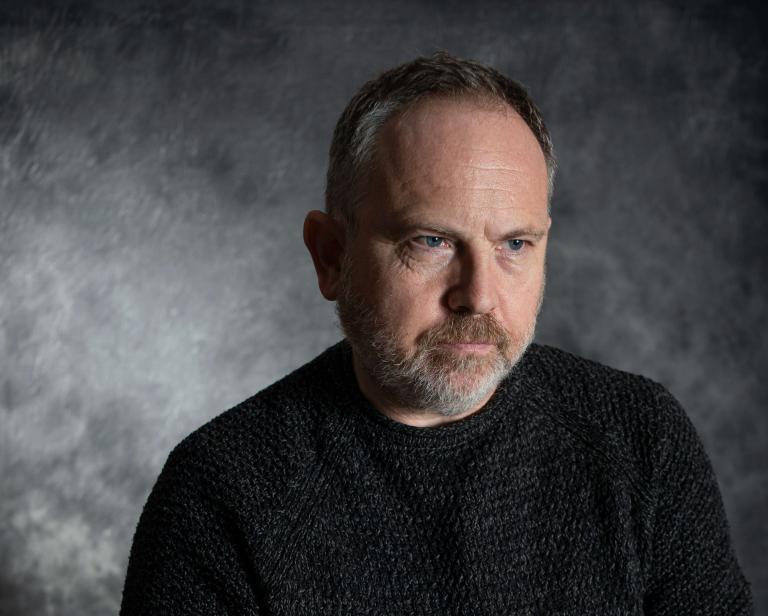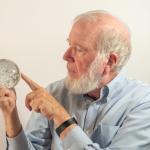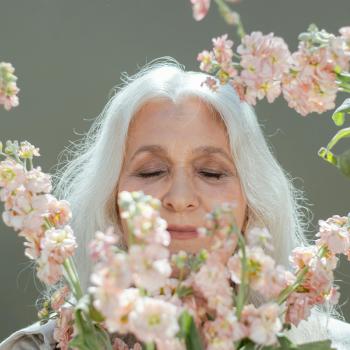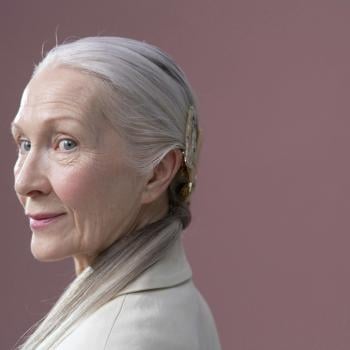If you’ve been on the spiritual path for any length of time, you’re bound to eventually find yourself asking: “What is my purpose?” You start to wonder just what your calling is and what you’re supposed to accomplish during this lifetime.
Some of us know our purpose from young adulthood. Others figure it out along the way. But for a lot of us, our purpose becomes raising and caring for our families and engaging in a decades-long career. (In defining career, I include those whose job it was to raise and care for their kids.)
What happens when the kids are gone and our working days are over? What if spending more time on the pickleball court or golf course doesn’t replace the sense of purpose we once felt? What if as we grow older, we find ourselves asking: What am I supposed to do next?
Finding our purpose helps us lead longer and healthier lives.
The importance of having a purpose or calling in life cannot be overstated. In a story titled, “The Power of Purpose” from the newsletter Arnold’s Pump Club, Arnold Schwarzenegger points to research that shows “living with purpose can help you live longer and lower your risk of premature death.” The article states:
The study looked at more than 13,000 adults over 50 and then tracked their health over an 8-year period. Those with the strongest sense of purpose lower their risk of death by more than 20 percent compared to those with the least sense of purpose. This held true even when the scientists controlled for gender, ethnicity, race, and socioeconomic status.
Schwarzenegger calls out another study titled “Sense of Purpose in Life and Five Health Behaviors in Older Adults.” This US-based research found that “those with a greater sense of purpose were 24 percent less likely to be inactive, 33 percent less likely to suffer from sleep problems, and 22 percent less likely to be overweight.”
So, if finding our purpose can help us lead longer and more productive lives, with less disease, where do we start if we lost our purpose and need a new one. Is it too late to find a calling at age 60 or 70 or even age 80? The answer: It’s never too late.
The varna system of Hinduism offers some guidance.
Social researcher and author Arthur Brooks has written about a Hindu perspective on life, varn, that breaks up our lives into 4 stages. During the third stage, which usually happens at around age 50 (give or take a decade), we “let go of things that defined us in the eyes of the world.” We begin to place less value on our possessions and accomplishments. We start to pull back from our personal and professional duties. But then what?
It’s at this point many people get stuck. During the fourth and final stage of life, some of us buy into the stereotypical American dream that retirement means spending more time on the golf course or playing pickleball or bridge, or other leisure pursuits. And find it less than satisfying.
If we followed the varna system, we wouldn’t look at this latter stage of life as solely a time for rest and relaxation. We would see it as a time to dig deeper into ourselves. This might include exploring specific areas of philosophy, religion, or spirituality. According to Brooks, studies show “religious and spiritual adults are generally happier and generally suffer less depression than those who have no faith.”
But we don’t have to stop there or limit ourselves to spiritual pursuits. We can also immerse ourselves in whatever topic has long interested us, be it astrology and the stars, the artwork of the Old Masters, or the collected works of a favorite literary figure. Better still, if we begin to master a specific subject, we can share the wealth of our knowledge with others.
Still not sure what your specific area of interest is? Arnold Schwarzenegger recommends that to find a renewed sense of purpose, you should “start by making a list of things you find meaningful. It can be friends, family, charity, donating your time, activities you love.” You might also ask yourself:
- What do I love and am passionate about?
- What am I good at?
- What does the world need?
The next step in following your passion: start with a “micro-action.”
In a blog post titled “The Contagious Magic of Micro-Actions,” Carl Richards has some valuable advice for those of us who like the idea of having a purpose but aren’t sure how to get started: “When tackling big, audacious goals, you don’t need big, audacious actions. All you need is the contagious magic of micro-actions.”
As each journey begins with a single step, micro-actions are small steps, followed by another, then another, then another. Richards uses this analogy from his own life:
I often don’t feel like exercising. So you know what I do when I get up in the morning? I don’t commit to a program to lose twelve pounds in twelve days or promise myself to run for forty minutes. I just put on my gym clothes. That’s it. And then, since my gym clothes are on, I go to the gym.
That’s it. He goes to the gym. But he finds that once he is there, he figures he might as well work out for a few minutes—and ends up staying longer. Richards believes that “micro-actions are almost always more effective than grand gestures.” Slow and steady wins the race, whether we want to learn more about the precepts of various religions or the history of Art Deco architecture. Start with one book, one conversation, and build from there.
Our remaining time on earth, our pre-and post-retirement years, can be a time when we do essentially nothing. Or a time when we do something—and pursue the interests that speak to our soul. We just might find that what interests us can help others on their journey, as well. Good luck on your quest!
If you like this story, you can find other stories on purpose in my new book Wake Up Call: Daily Insights for the Spiritually Curious, now available at Amazon. It features over 100 of my top stories from the past 10 years.


















